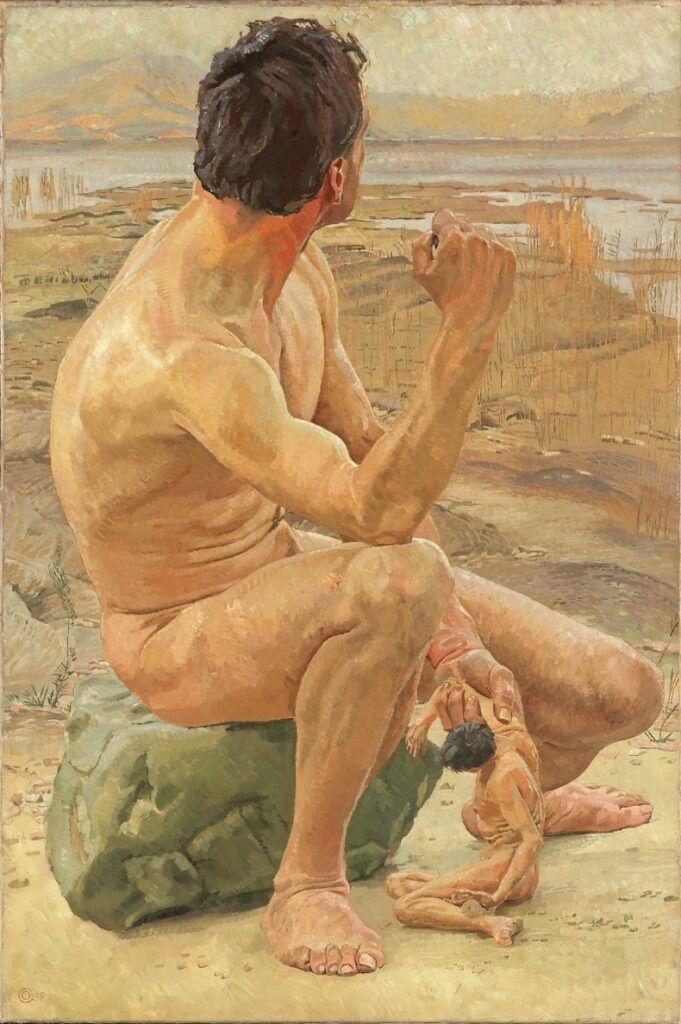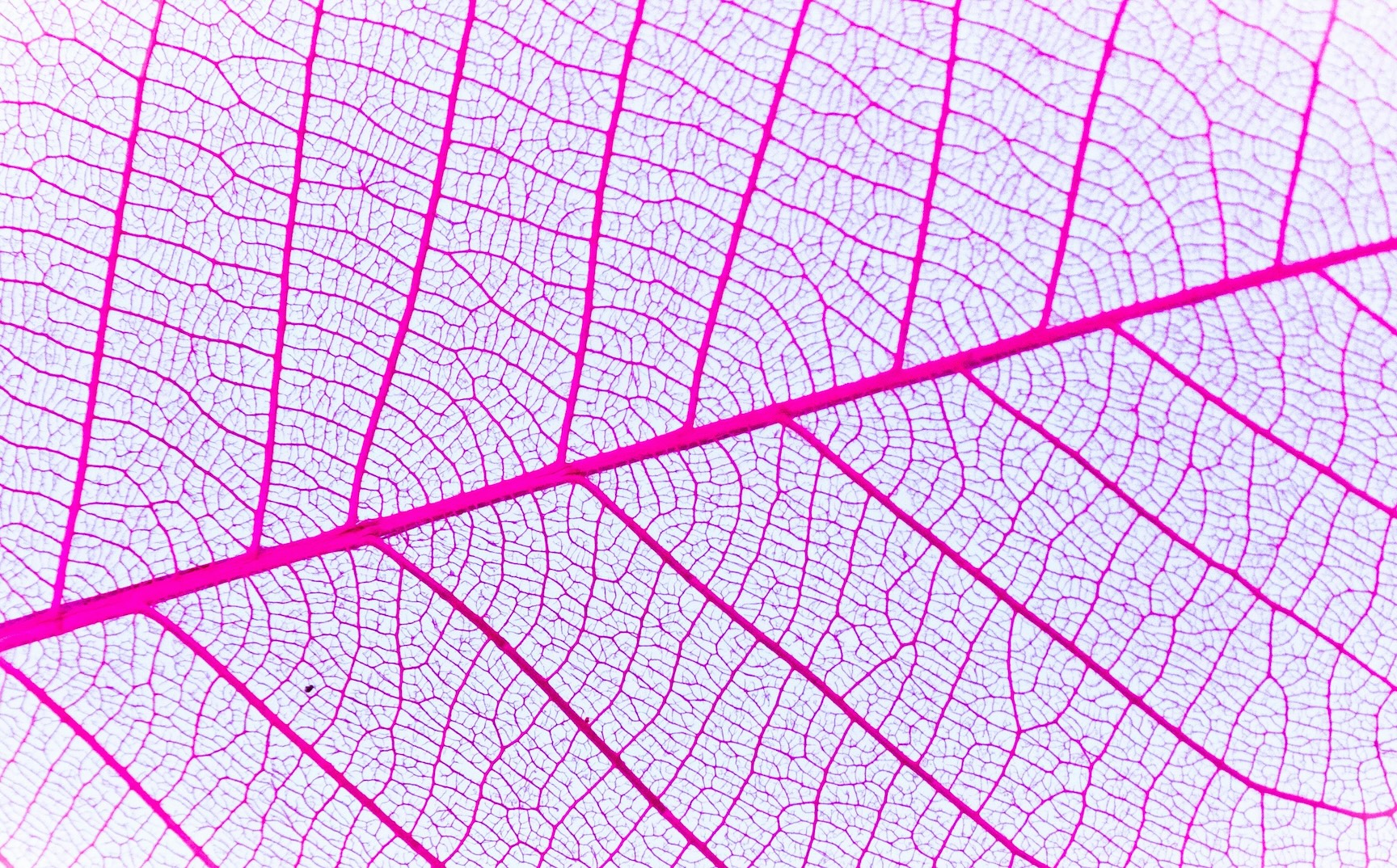The burgeon of blood, body and roots under a convergent control of territory and corporeality
hace bien si llovemos mi pueblo torrencial
donde estemos
allá
o en cualquier parte
sobre todo si somos la lluvia y el solar
la lluvia y las pupilas y los muros
la bóveda la lluvia y el ranchito
el río y los tejados y la lluvia
furia paciente
lluvia
iracundo silencio
allá y en todas partes(i)
Mario Benedetti, La casa y el ladrillo (1976-77)
Chaque être humain a besoin de multiples racines(ii). In a Schopenhauerian fashion, I am currently standing on a triple root, a trident of belonging I struggle to plunge into the ground: as a Spaniard in France writing these words in English, I participate with this article in the aggravation of my own “déracinement”, my gliding into a ternary dance across no-homes, through iterating stopovers of non-belonging. And nevertheless, every time I write these words, every time I say “I don’t belong here”, what I really mean, the idea I am really trying to convey, is rather “this place doesn’t belong to me”: I cannot claim property over the locality of my being. What is at stake is the impossibility of a particular place to fit inside the frontiers of my own self: the claustrophobic weight of uttering “I exist in a place” can only be alleviated by juxtaposition of the mirrored statement: “… and this place exists in me”.
Territory is hence a scarce and necessary commodity that millions of consumers like me thrive on. This characterization of territoriality, however, begs the question of how such a good can be acquired in a market economy as ours. Traditionally (well before the surge of capitalism) there have been two main ways of obtaining nationality: blood and land. We argue that this duality traces itself back to another crucial alternative: whether sex is the master of territory, or it is territory which coordinates, classifies and rules over sex.
First and foremost, jus sanguinis or “right of blood” (the legal principle according to which one is entitled to a nationality if their progenitors possess it) supposes the complete subjugation of territory by sex and individuality. Under the concept of bloodline inheritance once geographical terms like “country” or “nation” become encapsulated inside the ova and sperm of citizens. These individuals acquire the potentiality to transfer nationality down to their descendants, they carry with them the enlarging structure of a territorial entity. Territory is forcefully dissociated from locality and becomes a (sexual) fluid that is transmitted onward via reproductive processes between two fertile citizens (“is earth potentially a man? No, but rather when it has already become semen” Aristotle, Metaphysics ?). Under this model, sex articulates the tapestry of political geography, and thus anticonception functionally replaces frontiers.
Alternatively, jus soli or “right of the soil” (the principle that awards nationality to those born inside a particular country or region) is a recognition of the definitory power of territory, understood as locality. Under jus soli, the output of procreative sexual intercourse is coordinated and organized by territoriality: the yearly production of Algerian, French, American, Mexican or Spanish kids responds to the particular distribution of borders and frontiers, which acts as a regulator of the global human procreative industry. Procreation adapts itself to the geopolitical map, and parents migrate in order to give birth to their children on this or that side of the border.
The allegorical model of jus soli is the one exposed in the famous words of the Genesis: “Then the Lord God formed a man from the dust of the ground and breathed into his nostrils the breath of life”. Jus soli draws the portrait of an individual who emerges from the territory: I can visualize the cracks in the mud and the swirls in the dust carved into the scars on Adam’s body, the surrounding orography getting immediately mapped over his skin. Instead, the ultimate model of jus sanguinis is present in the verses of the Aitareya Upanishad: “As the Self brooded over the form, a mouth opened, as does an egg, giving forth speech and fire […] skin appeared and from it came hair and from it came plants and trees.” A body, the body of the Self (i.e. in Hinduism, God but also the true being hiding behind every human’s individuality) makes territory emanate from itself: one must then imagine that mountain ranges emerge from vertebral columns, lakes sprout from unhealed wounds, and forests germinate from the secrecy of a hidden mane. Territoriality maps our corporality; cartography serves just as a secondary form of anatomical drawing.
These two legal conceptions are devices subject to political utilization and transformation. Currently, in France, the minister Gérald Darmanin is promoting a revision of the Constitution that intends to revoke jus soli in the island of Mayotte, meaning that those born in the region will no longer immediately obtain nationality regardless of their parents’ origins. This move acquires its meaning as part of a dual mechanic. First of all, when it comes to transforming locality into a marketable good, the superior fluidity of blood over land makes jus sanguinis a more powerful tool than jus soli. It is in this sense that Darmanin’s move is tactically understandable. Nevertheless, this newly introduced “right of blood” is far from enough: although it liberates territory from the chains of geography, it does so by confining it inside the equally strict, narrow frontiers of family lines. By promoting a fluidified conception of nationality and belonging, it prepares the philosophical breeding ground for their capitalization without accomplishing it yet. Jus sanguinis is hence overcome and fully realized in what we will call jus argenti, the right of silver. The right of money as a primary substance that is initially constructed from the existential weight of goods and bodies, but that then goes on to become the source of existential weight itself, a Higgs field(iii) of human socialization that attributes mass or levity, fugacity or immobility to the things and beings that it permeates. Tourists, business.wo.men, ambassadors, real estate investors, football players, high- to middle-class international students and touring celebrities are photon-like economic agents: they traverse the Higgs field without interaction, sliding over it freely, practically transparent to the metallic tissue of the global market. Instead, refugees, undocumented migrants, most workers and minorities in general (in the deleuzian sense of the word) are examples of heavy economical bodies, or fermion-like economic agents: the Higgs fields of regulations, customs, immigration laws and intercontinental transactions attributes them a mass that hinders their movement and anchors them to territoriality. One must understand, however, that this territoriality that jus argenti holographically reproduces is intrinsically fluid, and is not but a liquid aberration of the shapes that emerge from political borders. This explains how the victims of human trafficking, foreign temporary workers in agriculture or Gazan refugees, far from being anchored to their land, are forced to travel enormous distances across the globe. In reality, all these people remain static, but they do so with reference to a moving, flowing territorial matrix that scatters them across the cartography of the international economic network. They are anchored to the virtual currents of capital flow.
Hence, the modus operandi of global capitalism starts by the transmutation of space, frontiers, seas and rivers into fluid blood and the transformation of land into a gigantic body, a corpse to which humans cede their corporality, and to whose movement they obey like red globes (“The second angel poured out his bowl into the sea, and it became like the blood of a corpse, and every living thing died that was in the sea…”)(iv). Then, by a rigorous alchemical procedure, blood is transmuted into silver, and geography acquires the shape of a robotic colossus powered by metallico-virtual salvia. Roots are replaced by an aerial mycelium, a complex network of commercial links and partnerships. Not even those workers who get to stay in their homeland escape to the virtualization of territory, to the generalized prohibition of roots, of the contact with soil (“quoique demeurés sur place géographiquement, ils ont été moralement déracinés, exilés et admis de nouveau…”)(v). Belonging is hence unmasked as possession, as control over the lines of capital running under one’s feet: I don’t belong here because this place does not belong to me, because I cannot pay for the place my existence occupies. I am a locality debtor: seizing a (meta)physical place-where-to-exist means already trespassing on private property. Territoriality, transformed into a super-corporeality of flaccid metallic flesh, can now be bought and sold, revoked and conceded in a fashion analogical to the traffic of organs. Because land has become body; and the body, brought back to its biblical source, is no more than dirt.
Hence, the modus operandi of global capitalism starts by the transmutation of space, frontiers, seas and rivers into fluid blood and the transformation of land into a gigantic body, a corpse to which humans cede their corporality, and to whose movement they obey like red globes (“The second angel poured out his bowl into the sea, and it became like the blood of a corpse, and every living thing died that was in the sea…”)(iv). Then, by a rigorous alchemical procedure, blood is transmuted into silver, and geography acquires the shape of a robotic colossus powered by metallico-virtual salvia. Roots are replaced by an aerial mycelium, a complex network of commercial links and partnerships. Not even those workers who get to stay in their homeland escape to the virtualization of territory, to the generalized prohibition of roots, of the contact with soil (“quoique demeurés sur place géographiquement, ils ont été moralement déracinés, exilés et admis de nouveau…”)(v). Belonging is hence unmasked as possession, as control over the lines of capital running under one’s feet: I don’t belong here because this place does not belong to me, because I cannot pay for the place my existence occupies. I am a locality debtor: seizing a (meta)physical place-where-to-exist means already trespassing on private property. Territoriality, transformed into a super-corporeality of flaccid metallic flesh, can now be bought and sold, revoked and conceded in a fashion analogical to the traffic of organs. Because land has become body; and the body, brought back to its biblical source, is no more than dirt.
Darío Bejarano Paredes

Prometheus (1909) by Otto Greiner.
Prometheus, having just created the human being out of clay, contemplates the muddy territory from which he has formed its body.
Sources and endnotes
(i). “it is good if we rain, my torrential nation / wherever we are / there or anywhere / above all if we are the rain and the plot / the rain and the pupils and the walls / the vault the rain and the ranch / the river and the rooftops and the rain”. Benedetti, M. (2020). Antología poética. “La casa y el ladrillo”. Comercial Grupo ANAYA, SA.
(ii) and (v). “Chaque être humain a besoin de racines” [“Every human being needs roots”] and “quoique demeurés sur place géographiquement, ils ont été moralement déracinés, exilés et admis de nouveau…” [“albeit they have remained in the same place geographically, they have been morally unrooted, sent in exile and admitted back again”]. Quotations from Weil, S. (1949). L’enracinement. Gallimard.
(iii). In physics, the Higgs Field is an entity that attributes mass to the particles interacting with it. Photons don’t have mass as they traverse the field without interaction, whereas fermions are an example of particles that gain mass through to the Higgs field. Mass acts as a burden on movement, making it impossible for fermions to attain the speed of light in vacuum.
(iv). English Standard Version Bible, Apocalypse (2001). ESV Online. https://esv.literalword.com/
Ehlers, M. (2018). Hoja Morada Y Blanca [Photograph]. Pexels. https://www.pexels.com/es-es/foto/hoja-morada-y-blanca-1345814/
Greiner, O. (1909). Prometheus [Photographic reproduction of a painting]. Wikimedia Commons. https://commons.wikimedia.org/wiki/File:Otto_Greiner_-_Prometheus.jpg#/media/File:Otto_Greiner_-_Prometheus.jpg
Aristotle (1989). Metaphysics Volume I, ?. Harvard University Press. https://www.perseus.tufts.edu/
New International Version Bible, Genesis 2:7-9 (1979). Biblica. https://www.biblegateway.com/.
Upanishads. (n.d.). https://upanishads.org.in/stories/the-story-of-creation.

